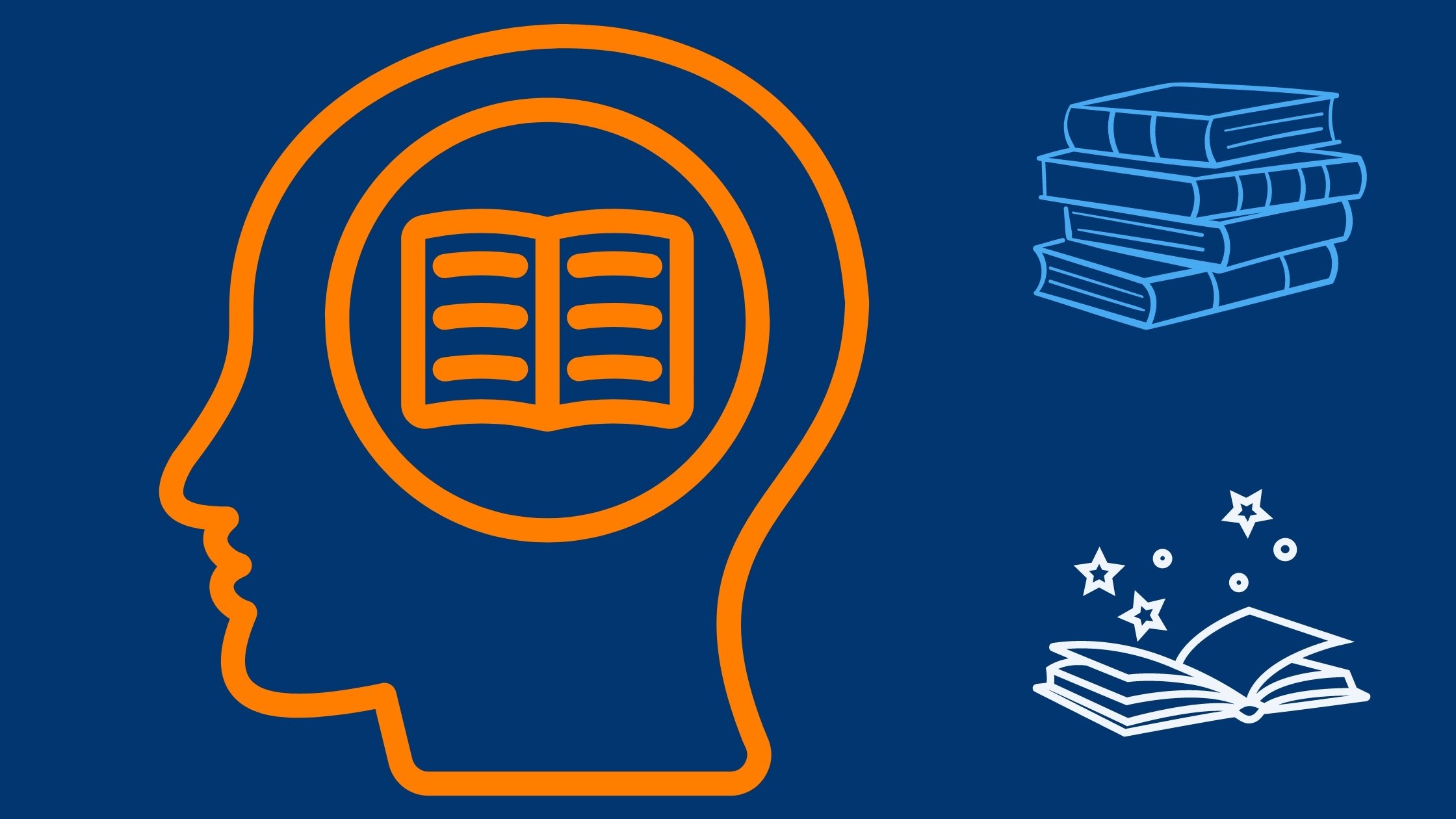“We Don’t See Things as They Are, We See Them as We Are” - Anais Nin
It’s wild how two people can remember the same event, and still feel like they lived different stories.
Michael P. Nicols
“We respond to a person’s experience as we perceive it, not as the person actually experienced it.”
Each of us walks through life with our own lens, shaped by our personality, memories, emotions, and expectations. That’s why even a shared moment can be remembered in radically different ways.
The Raffle That Became a Family Parable
Recently, I cooked a meal for my mom, dad, stepmom, and grandmother. As with any family meal, there is sharing of stories. My dad shared a story that really showed how much we each experience the same event differently.
The Story, According to My Dad
My dad likes his raffles. And about 10-15 years ago, he entered a raffle at his VFW, which included an entry on my behalf (without my knowledge, btw). “My” raffle ticket won the top prize of $1,000.
He was so excited that he called to tell me I had won - he recalls I was surprised. The next time I visited, he gave me the $1,000. I thanked him and took the check.
Apparently, this whole time since then, he has been telling people about how I didn’t even have the courtesy to offer him the cost of the raffle ticket ($5) when he gave me the winnings (all said while laughing).
My Version of Events
When he told this story at our recent meal, I had to truly stop and try to even remember this event. It was a vague memory for me.
I recall being surprised to hear that I had won a raffle, as I had no knowledge that an entry had been placed in my name. I can recall his excitement for winning. I can recall thanking him. I don’t recall ever being told what the cost of the ticket was, or that there even was one, let alone that he expected to be compensated for it.
But it wasn’t an event that I keep near front of mind that I tell people about.
Memory Is Personal. Perception Is Powerful.
Susan Gillis Chapman
“We usually see ourselves as right—and that perception is rarely questioned until we deliberately open up to another’s reality.”
The point here isn’t about the money, but rather the fact that the two of us experienced and recall the same event in radically different ways from one another.
So What’s the Takeaway?
The next time you feel misunderstood or find yourself stuck in a disagreement over “what really happened,” pause. And then consider:
- What might this moment look like through their eyes?
- What emotional lens are you bringing to the conversation?
Dalai Lama
“If you want others to be happy, practice compassion. If you want to be happy, practice compassion.”
Pause before defending your version. Instead, ask about theirs.
Ponder This
- When was the last time you assumed someone else remembered an event the same way you did?
- How much of your “truth” is actually shaped by your emotion or timing?
Books
- The Lost Art of Listening – Michael P. Nichols
- The Five Keys to Mindful Communication – Susan Gillis Chapman
- The Art of Happiness – Dalai Lama & Howard Cutler


Comments